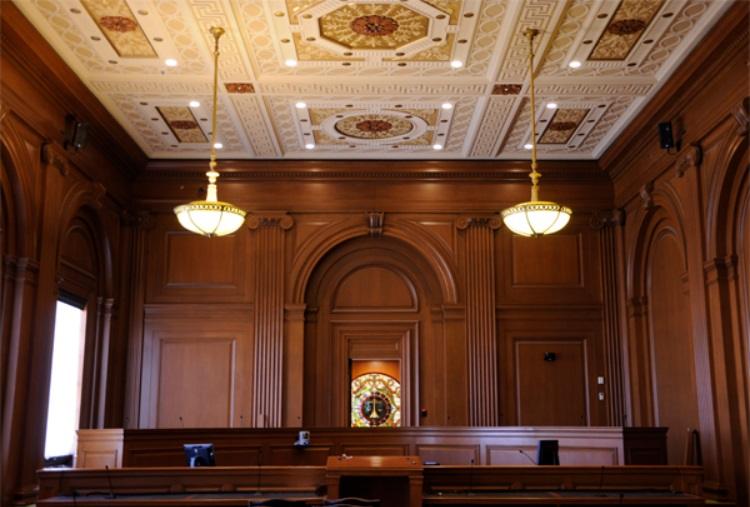California Climate Reporting Law Survives Challenge Claiming that “Shaming” Companies Through Emissions Disclosure Violates Constitution
New California laws that will require most large U.S. companies to disclose their value chain emissions and report on climate risks and strategies survived a major legal challenge brought by the U.S. Chamber of Commerce, with a federal judge rejecting claims that the new regulations violate the constitution and extraterritoriality rules.
While the judge, U.S. District Judge Otis Wright II, supported the state’s challenges, however, the cases have not been dismissed, and the Chamber of Commerce may continue its challenges against the climate disclosure laws.
The regulations, SB 253 and SB 261, were approved by Governor Newsom in 2023, and signed into law in October 2024 (as a combined and slightly amended bill SB 219).
SB 253 requires companies with revenues greater than $1 billion that do business in California to report annually on their direct Scope 1 and 2 emissions, and Scope 3 value chain emissions, including those associated with supply chains, business travel, employee commuting, procurement, waste, and water usage. SB 261 applies to U.S. companies that do business in California and with revenues greater that $500 million to prepare a report disclosing their climate-related financial risk, as well as measures to reduce and adapt to that risk.
Following the approval of the new climate disclosure laws, the U.S. Chamber of Commerce, alongside other business groups, filed a lawsuit against the state, arguing that the new rules would violate the first amendment by compelling businesses to engage in subjective speech, and claiming that supply chain emissions “can be nearly impossible for a company to accurately calculate,” and that they would obligate companies to “subjectively report their worldwide climate-related financial risks and proposed mitigation strategies.”
The new ruling follows a rejection in November by Judge Wright of a request by the Chamber of Commerce to immediately disallow the law on constitutional grounds.
Among the key new rulings by the court was a rejection of the Chamber of Commerce’s claim that SB 261 violated law by attempting to regulate greenhouse gas emissions by “shaming” companies through disclosure, with the judge pointing out that the law “imposes no liability for failure to reduce emissions; only for failure to disclose climate-related financial risk and the measures adopted to reduce such risk,” and adding that if companies “want to avoid liability, all they must do is make disclosures in accordance with the legislation, not reduce their emissions.”
Wright also granted the state’s request challenging the case’s claims that SB 253 violates the ability of the state to impose laws that are pre-empted by Federal law and through extraterritoriality, based on the fact that SB 253 only requires the California Air Resources Board (CARB) to develop and adopt emissions reporting requirements for companies, which have not yet been released, and does not directly impose the disclosure requirements. With a lack of existing regulations, Wright ruled that the challenges “are not ripe for review.”
While the plaintiffs could challenge the rules after they are published, Wright added that “it is not clear to the Court that any possible regulations CARB issues would impermissibly burden interstate commerce or violate the Supremacy Clause.”





